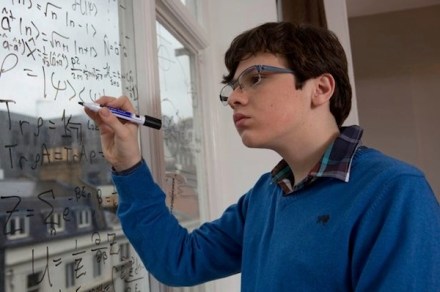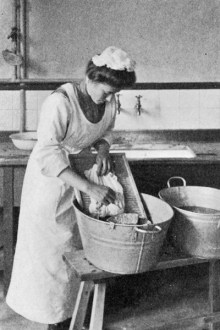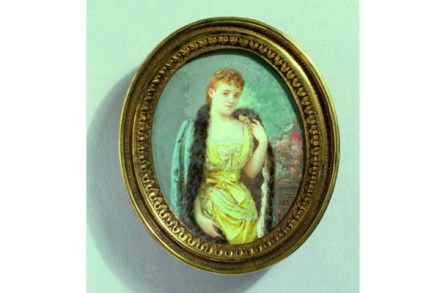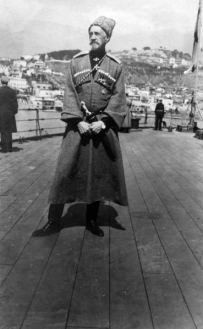The Spark, by Kristine Barnett – review
Jacob Barnett is a youthful prodigy. His IQ tested off the scale. At nine he began work on an original theory in astrophysics; aged 12 he became a paid academic researcher. He can play complicated musical pieces or learn foreign languages almost instantly and without tuition. As one researcher puts it, ‘Jake’s working memory is





